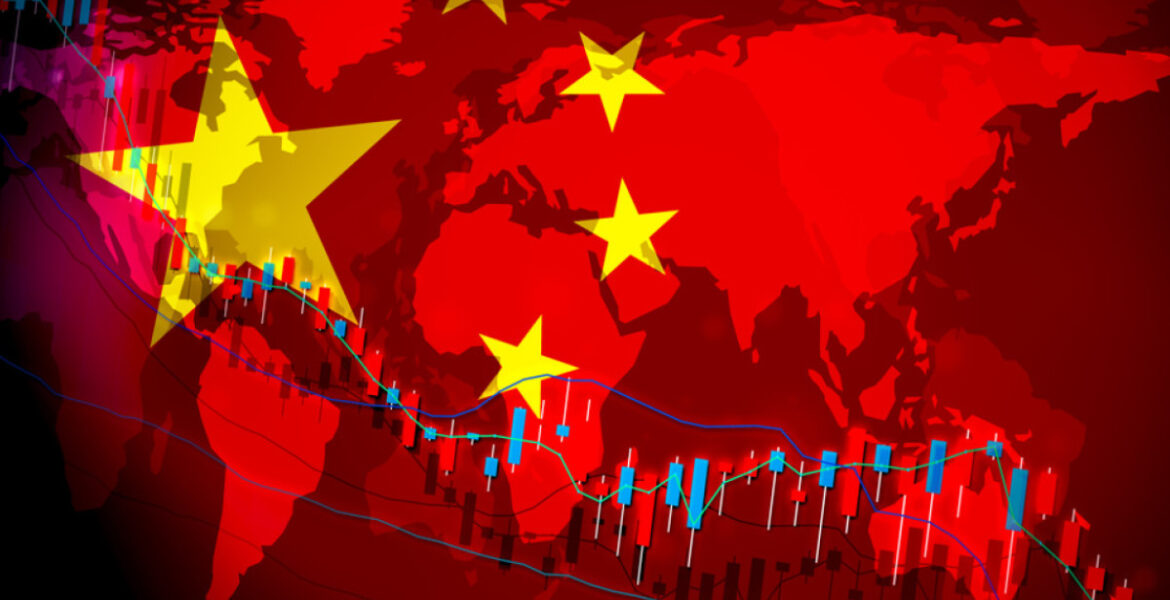Analysts and observers seem to be convinced that China would be worried as Argentina, Bolivia, and Chile are planning to form an OPEC-like arrangement to determine production and pricing of lithium, which is used for making rechargeable batteries for mobile phones, laptops, cameras, electric vehicles, heart pacemakers and toys.
Brazil’s highly read English daily, The Rio Times, in a recent article quoted the Argentine Foreign Ministry as stating that a document is being drafted to promote an OPEC (Organisation of the Petroleum Exporting Countries) of the ‘Lithium Triangle’ to coordinate production of lithium and reach a common price agreement among Argentina, Bolivia, and Chile, with the goal to stem unpredictable ups and downs in the pricing of the product, whose global demand has witnessed a surge for the past couple of years.
These three Latin American countries collectively account for around 56 percent of the world’s identified lithium reserves. According to the US Geological Survey, Bolivia is home to 21 million tonnes of the 89 million tonnes that make up the world’s known lithium resources, while Argentina and Chile are responsible for around 32 percent of global production.
Most lithium extraction in these Latin American countries is carried out by foreign or private miners, and there is little coordination among them at policy level or in influencing any decision on production and pricing issues. In order to remove ad hocism and streamline decision making and effect better coordination among the three countries in production and pricing over lithium, they are planning for an OPEC-like framework in place, said The Rio Times in its report.
In the world, China accounts for less than 6 percent of the total lithium reserves, but it controls more than 60 percent of the world’s lithium refining capacity, according to a study by Gavekal Dragonomics, a research firm that provides in-depth coverage of China’s economy, politics, and social issues. China is also the largest manufacturer of lithium-ion batteries. Beijing accounts for up to 80 percent of global lithium-ion battery manufacturing. Still there is fear that if Argentina, Bolivia, and Chile form a cartel and fix the price of lithium as per their wishes, China will find it tough to continue its monopoly in the lithium market pricing, especially given the fact that these Latin American countries are planning to increase production as well as develop their own lithium refining units.
This year, as per Reuters, lithium prices have increased more than $70,000 per tonne as major international automakers are scrambling to shift production from fossil fuel to electric-powered vehicles. South Korea’s Hyundai Motor Company, China’s Li Auto Inc and Great Wall Motor Company Limited, America’s Newark and Rivian Automotive Inc, Ford Motor Company, Germany’s BMW Group are among leading automakers which have started rolling out electric vehicles.
With stress on reducing greenhouse gas emissions increasing across the world, the famous management consultancy firm McKinsey has predicted electric vehicle adoption to gain a 45 percent share on a global level by 2030. In the last couple of years, electric vehicles sales have shown strong growth. Till the first half of 2022, 4.3 million battery electric vehicles and plug-in hybrid electric vehicles were delivered, 62 percent more than the first half of 2021.
Given this rising trend in the sales of electric vehicles, analysts say there is an attempt in lithium producing countries to increase the metal’s production and earn profits by hiking its prices, even though a scramble to secure supplies of lithium has triggered a nearly 500 percent increase in the price of the highly demanding metal in the last 12 months. The International Energy Agency has predicted in its recent report a 40-fold increase in lithium demand between now and 2040. Rising demand has encouraged Argentina with only two mines in operation currently, to plan 13 more in coming years.
Argentina, which accounts for 21 percent of the world’s reserves, is planning along with Chile and Bolivia to use direct lithium extraction (DLE) technology to maximise lithium extraction and production. The DLE technology, as per some analysts, uses an improved selective adsorbent to produce high quality batteries from brines containing lithium while protecting the environment.
At the summit of CELAC (Community of Latin American and Caribbean States) in Buenos Aires held from October 24 to 26, discussion was held among member countries on lithium collaboration, Americas Quarterly, published from New York said. However, among several analysts there is unanimity that Latin American countries are unwilling to look other ways when lithium is becoming a powerhouse of energy sources in the world hit by climate change.
Argentina, which is a highly vocal supporter of OPEC-like arrangement among lithium producing countries, is also pushing for making the region a hub of the lithium supply chain. If the US and the European Union back Latin American countries in their goals of becoming a major supplier of lithium batteries, there would be a day when China will lose its position as a dominant player in the global supply chain of lithium, feel some analysts.
But then, for the moment, power corridors of the world are abuzz with the Canadian government’s recent order to Chinese state-owned companies to divest from three Canadian critical mining companies involved in lithium mining, citing national security.
Valerio Fabri is a communications professional and a reporter/political analyst. He is a graduate of La Sapienza University, SSEES/UCL and SAIS/JHU.


